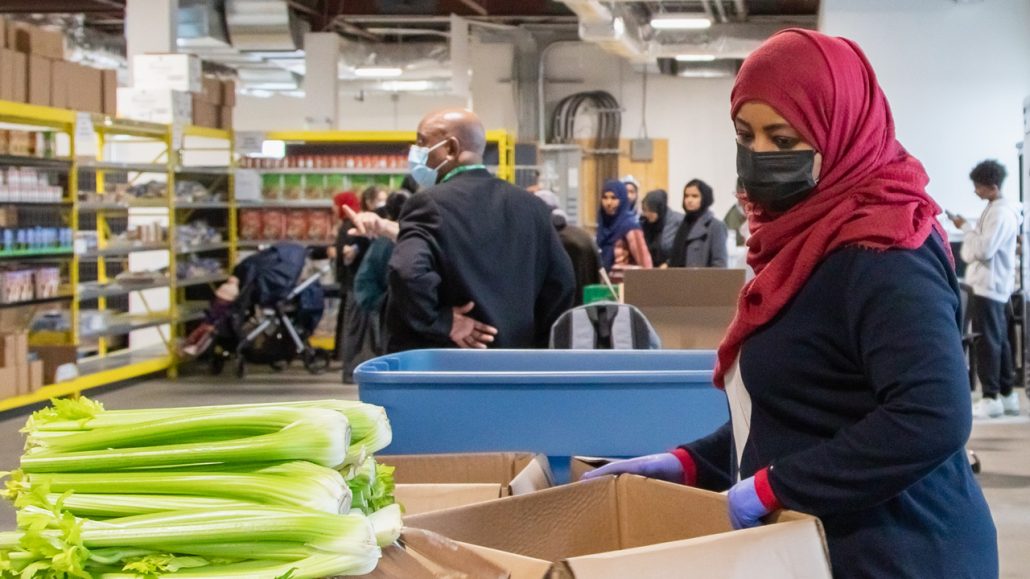
Recently released stats show that more and more people are relying on charities to meet essential food, clothing or shelter needs
Dear Friend,
Here’s my conundrum. Before the pandemic, our research confirmed that the income gap across the GTA and between neighbourhoods was widening. Then the pandemic hit and the deepening need was obvious and stark. And now, despite employment numbers bouncing back, the cost-of-living crisis means we’re not even close to recovering.
But how often can I tell you that things are dire, worse than ever, before you start to tune it out?
Please don’t.
I could share personal observations, or what we’re hearing from Indigenous, Black, newcomer, disability, and other equity-seeking communities. I could describe the anxiety our sector partners are feeling as inflation drives up demand for services while also increasing their costs to provide them, all as they grapple with decreased volunteerism and staff burnout.
But today, I’m going to focus on recently released stats:
- Twenty-two per cent of Canadians 18 and up will need to rely on charities to meet essential food, clothing or shelter needs over the coming winter — an 8 per cent increase from January.
- GTA food banks saw a record-breaking 1.68 million visits between April 2021 and March of this year — a 16 per cent increase over last year, which was a record at the time.
- United Way agencies have reported a marked increase in demand for their meal programs, including Fred Victor, which has seen a rise in need of 300 per cent. “We are seeing more and more people coming to our shelters who actually have a job or have two jobs, but they can’t afford to live in our city,” says Marie MacCormack, their VP of philanthropy and communications.
- Charitable giving decreased by 12 per cent in Toronto between 2018 and 2022, representing about 300,000 fewer donors and $180 million less in donations.
As we chart a course through this perfect storm, it’s worth remembering that United Way’s history of meeting basic need, fighting poverty and empowering community is older and steadier than these trends. The expertise, relationships and networks we’ve built over decades are what has allowed us to be nimble, innovative, and effective in addressing waves of need over the past two years and beyond.
But we don’t do it alone. We rely on the generosity of donors like you. So I’m asking once again, if you can, make a gift today to support your friends and neighbours experiencing hunger, poverty and all of their related issues. It is closer than you think.
Always, and only, thank you.
Daniele Zanotti
President & CEO
United Way Greater Toronto
P.S. If you’re among the many who are struggling right now, I encourage you to reach out to 2-1-1, for access to resources and services in your area.
Things to Know Right Now
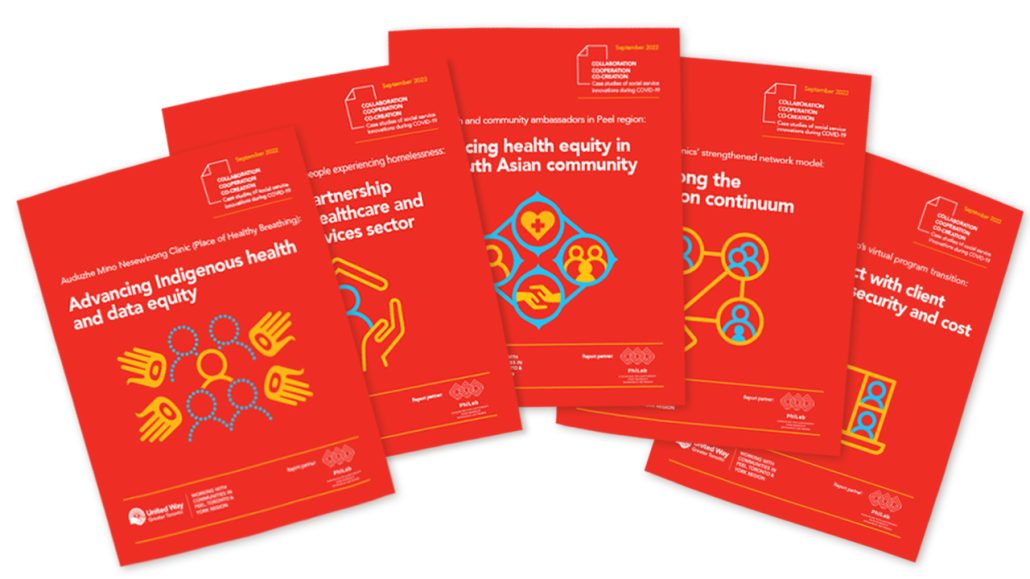
Pandemic Innovation: Five Case Studies
During the first few years of the pandemic, our network of more than 300 agencies and partners mobilized quickly to meet urgent and evolving needs, often having to problem solve in real time. We’re highlighting some of the innovative approaches developed during this period in our recently released research series, Collaboration, Cooperation, Co-Creation: Case Studies of Social Service Innovations During COVID-19. These case studies reveal practical lessons that can be replicated and scaled to bring us closer to a future without poverty.
Social Capital in Toronto
We were proud to partner with the Toronto Foundation on the recently released Toronto Social Capital Study 2022, which measures the well-being of Torontonians based on their social networks, social trust, civic engagement and neighbourhood support. This second study in the series shows that while the city’s social fabric remains strong overall, hundreds of thousands of Torontonians have little social support, and Torontonians are less connected to family and friends coming out of the pandemic, with almost 40 per cent saying they usually do not have anyone they can depend on when they need it (up from 27 per cent in 2018). The study suggests that those with strong social capital can help others feel supported by reconnecting with family and friends, volunteering and donating.
Leading Social Justice Fellowship
United Way Greater Toronto, the University of Toronto’s School of Cities and Rotman Executive Programs were honoured to celebrate the second cohort of graduates of our co-led 2022 Leading Social Justice Fellowship earlier this month. A diverse group of 54 leaders from the private, public and community sectors committed themselves to driving systems change in their organizations and working closely with community. Participants are demanding action on gun violence and developing a new model of food banks to support people with chronic health conditions, among other varied initiatives. We’re looking forward to further connecting them to our networks and working with them in the future.
Local Love in Action
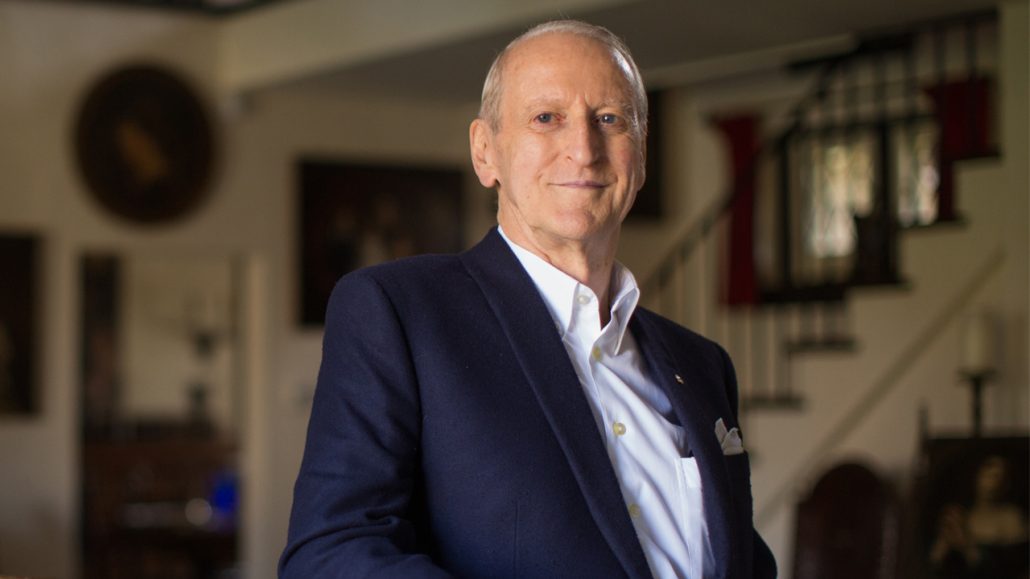
Donald K. Johnson commits $10 million to United Way
Donald K. Johnson is inspiring others to dig deep. He’s matching all new gifts of $10,000 or more made to United Way before Dec. 31, 2022 — and this is just one part of his 10-year, $10-million commitment to United Way Greater Toronto.
We sat down with the longtime United Way supporter and Bay Street banker to talk about this remarkable gift, his work around the capital gains tax and why it’s important to inspire others to give. Read our profile of Donald K. Johnson.
Update from the Frontlines
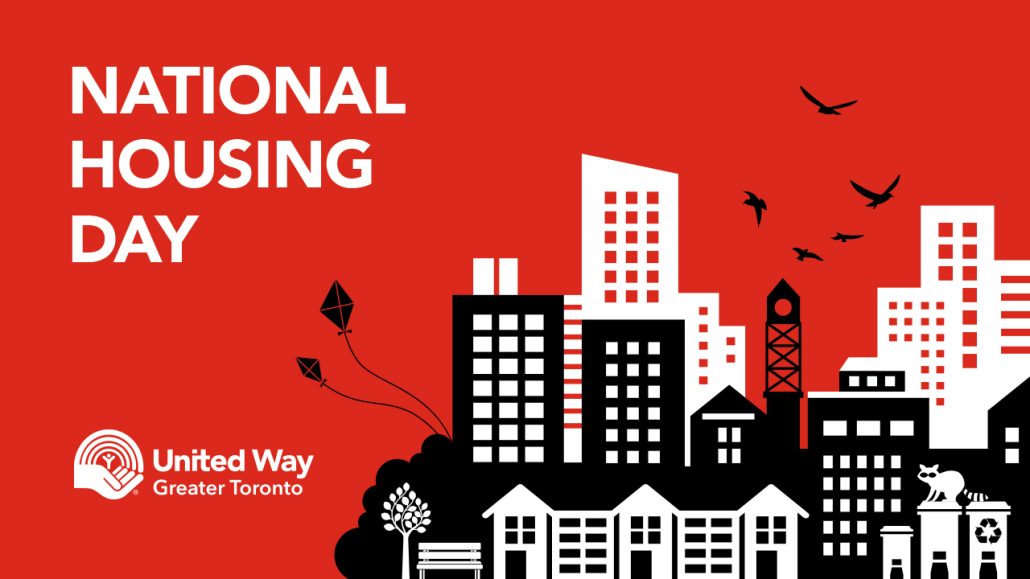
National Housing Day
This past Tuesday, National Housing Day, our President and CEO Daniele Zanotti published an opinion piece in Metroland calling for government, private, and civic sectors to come together to build deeply affordable and supportive housing. Because we simply can’t wait any longer. United Way is already working with our network of 300 local agencies to connect our unhoused neighbours to shelter and make sure people at risk of homelessness stay housed. We’re also collaborating with the City of Toronto and the University Health Network to build modular supportive housing in Parkdale for 51 residents. But that isn’t enough. We need all sectors to make a commitment to build housing at a pace that will solve the crises facing our unhoused neighbours.
Get Involved
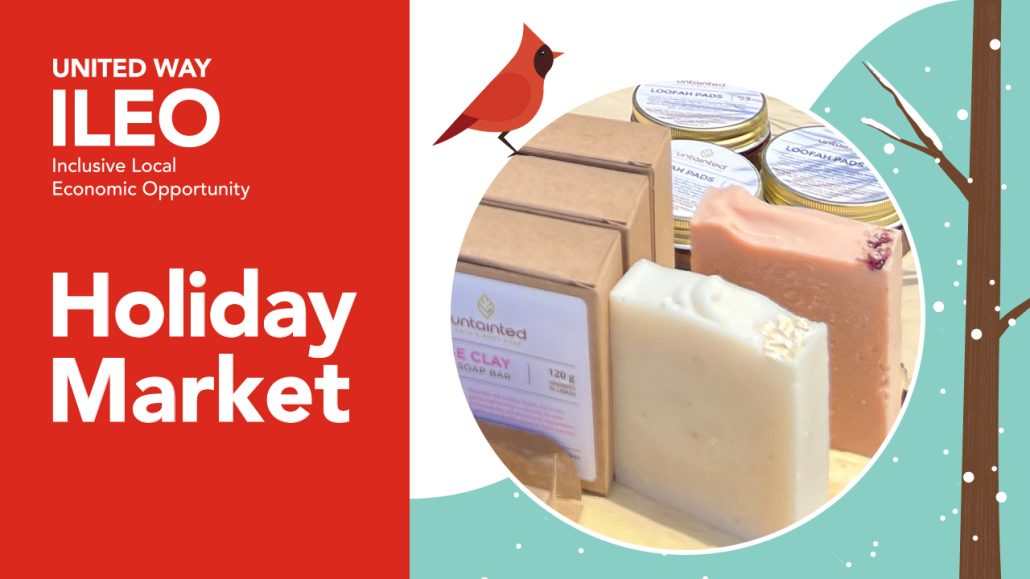
ILEO Holiday Market
Check out the incredible wares of up-and-coming Scarborough-based entrepreneurs at the ILEO Holiday Market. You’ll find great gifts, including handmade soaps, organic protein bites, hot sauces, all-natural body lotion, body scrubs, and hand-embroidered kaftans, head wraps, jackets and skirts. All the entrepreneurs are part of ILEO’s Storefront Starter Golden Mile pilot program convened by BMO Financial Group and United Way Greater Toronto. Visit the market at First Canadian Place, 100 King St. West, from Tuesday, Nov. 29 to Friday, Dec. 2. The market is open daily from 7:30 a.m. to 6 p.m.
United We Stand! – An Anti-Asian Racism Forum
On Nov. 29, join the Chinese Community Advisory Council of United Way and keynote speaker Olivia Chow for a conversation about the impacts of anti-Asian racism in today’s context and how communities can be empowered to stand up together against racism. Register today to save your spot.
You Might Also Like
- Lawrence Heights residents input necessary to ensure new community centre meets the needs of the neighbourhood as funding is confirmed and facility is set to be completed by 2027.
- The 519 receives federal funding to help 2SLGBTQI+ communities access the legal system and educational resources, important for both advocacy and protection of rights.
- Looking for unique gifts for the upcoming holiday season? Check out United Way’s Gift Guide and support local entrepreneurs and organizations that are doing important work in our communities.